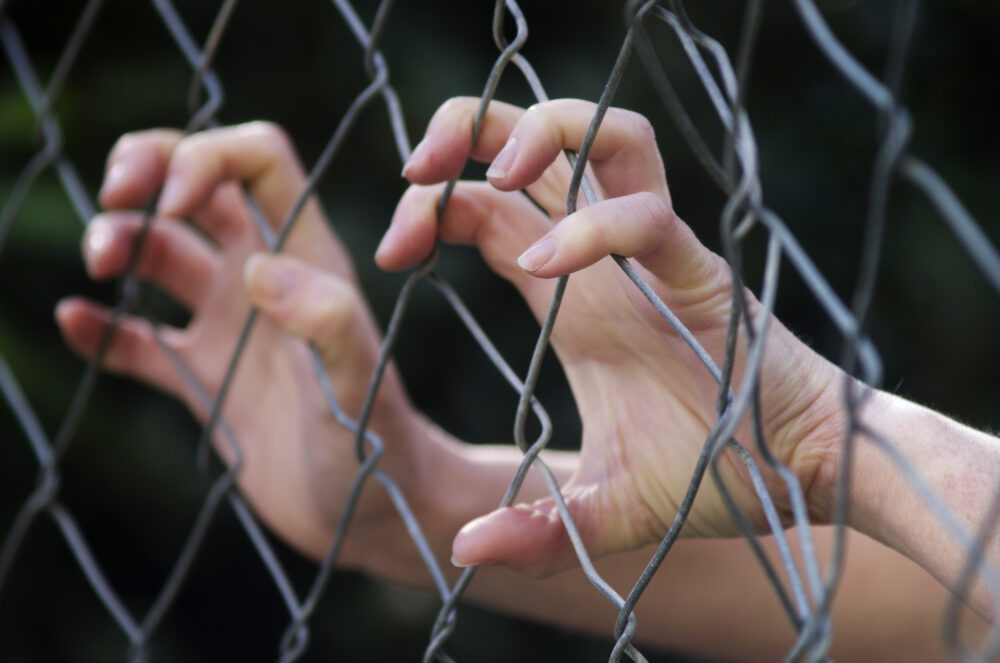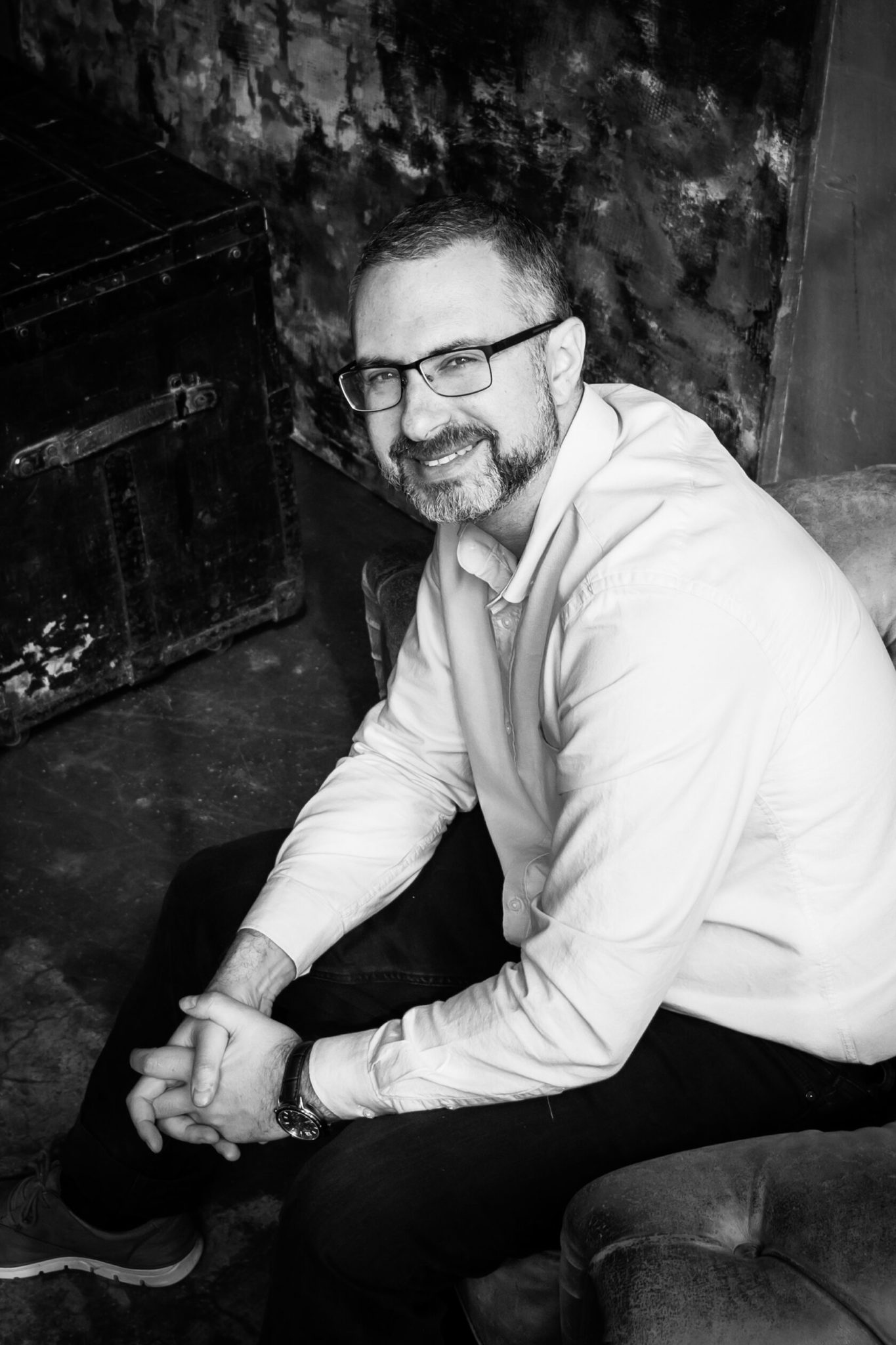The Persistence of Traumatic Childhood Shame
Shame is one of the most difficult feelings to handle and talk about, because it brings up something that the person would rather forget. However, breaking through shame in therapy is a very liberating experience that also helps improving couple and family relationships.
There is a kind of continuous shame formed in childhood which children internalize traumatically. Of course, not every stressful situation in childhood is traumatic, but some situations impress as traumatic continuous shame on some children, and we are still unsure of how this works. When such shame is formed under the duress of stressful pressing circumstances, it makes itself apparent later in life in situations reminiscent of the original situation. It also surfaces in adult relationships. Let’s see how this occurs, and how we can recognize and deal this shame.
Shame of being used. Being used is often the basis of a traumatic experience, especially but not limited to trauma of sexual exploitation. A child who survives a traumatic experience where something was done to them against their will (violence, bullying, physical or emotional exploitation) may feel powerless. They might retrospectively develop shame of not being able to react adequately or fight back. In a relationship, it can manifest as shame in any situation where they feel used, such as when a partner asks for something unpleasant or uncomfortable (“I asked you to remind me about my medications”; “wait for me, we’ll leave the house together”) or due to conflicting contribution, for example financial (“we have a child, you need you to work/earn more!”). Situations that hint to potential bullying or violence, such as a partner’s assertion of their position, loud tones, or dissatisfaction with the individual, can also be triggering. To try to protect oneself from the traumatic shame, they might either quickly attack or deeply withdraw in themselves.
Shameful reaction to parents’ divorce. Not all divorces are traumatic, but sometimes they cause children to develop a sense of shame . Children might believe that 1) my parents are divorcing because of me, because I am not good enough, or 2) I am destructive to their relationship. In an adult relationship, when there is a possibility of separation or their partner is dissatisfied or temporarily drawn away, this familiar shame might emerge, and the person will do their best to prevent this possible separation or withdrawal. They might start excessively pleasing their partner, cajole them, avoid confrontation, and attempt to avoid the familiar shameful situation of a possible separation that they believe is happening because of them. As a result of their shame of feeling destructive to the relationship, they may shun unpleasant conversations, foiling the possibility of coming to a mutual resolution.
Shameful reaction to neglect and abandonment. Parents can abandon their child not only physically, but also emotionally. The child may feel that nobody cares about them and might develop the shame of being not enough or unworthy of love. At a sign of their partner being concentrated on themselves or passing through a period when somebody else needs their attention (eg a sick relative, a birth of a child), this person might strive to overcompensate their partner. They seek attention, validation, and approval to prove their worth, getting moody and gloomy if they do not get it. This might lead to a partner’s irritation and to the individual feeling unnoticed and neglected, confirming their traumatic shameful fear that they do not deserve love.
Shame of doing something wrong. Take an example of a child being caught lying. Children tend to exaggerate things, and lying can also be a way of testing parental boundaries for a child to see what they can get away with. However, when exposed by their parents, especially angrily, some children develop traumatic shame. It has a peculiar effect, such that in their adult relationship, they might be so afraid of being caught doing something wrong that they either hide many things from their partner or avoid candid conversations.
Another example of it is when parents shame children for not studying well enough and/or not doing enough chores at home. The child, feeling inadequate in their parents’ eyes, might develop similar shame that no matter what they do, their parents will consider it wrong. In their adult relationship, they might either resort to passivity, putting things on the shoulders of their partner, or strive for perfectionism and demand the same from their partners and children, expecting an immaculately clean house, the highest grades, or even the feeling of happiness of their household.
Shame is tricky, because on the one hand, the person wants to forget it and the experiences which initially birthed it; but on the other hand, this shame still afflicts adult relationships. Therefore, it is useful to gradually and gently get into the subject of shame (especially that from childhood) in therapy in order to understand its impact on your life and to get rid of its possible negative influence on your relationships.
For more information about how shame can manifest itself, please refer to my article “How emotions hide from us and fool us.”
Bibliography:
Wilson, J. P., Drozdek, B., & Turkovic, S. (2006). Posttraumatic shame and guilt. *Trauma, Violence, & Abuse, 7*(2), 122-141.
Published by the author on Psychology Today: https://www.psychologytoday.com/intl/blog/the-psychology-of-relationships-and-emotional-intelligence/202407/the-persistence-of-traumatic



